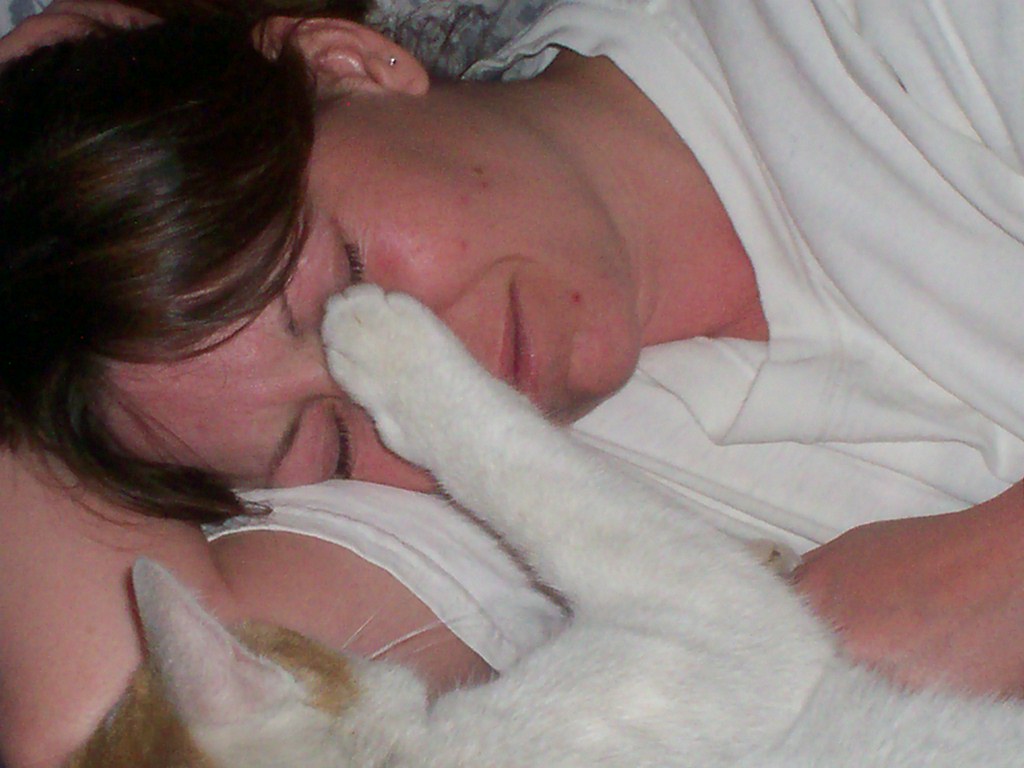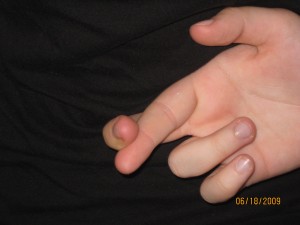From Bill H – Corrections Training Administrator –
You did it again, hit a nerve with me and reminded me of the message I always gave my classes of recruits when it came to swearing.
Like you, I told the new staff that swearing was part of the culture inside, but that they did have some personal power in this area.
I would tell them that I was always amazed the words new recruits used when they came to the department and the words they were using just one year later . In addition to the slang, they loved the f-bomb and a few off color words way too much.
Then, I would say this. It sounds like you are trying to identify and belong to a group you are not part of. You see, there are prisoners and there are law abiding professional staff members. Do you want to be more like a felon, or more like a law abiding, family orientated, individual? I would always think that the words they used told me what side they wanted to be on, and that it sometimes troubled me.
I would say, “if you think about it, our words is one way we can model the behavior we want from offenders. Our words can separate us from the prisoners and we can show them, through our words, a better way.” I also told them “these guys know where you are from and think it is funny that you are trying to talk like them. They see it as a potential weakness and may try to exploit you because of it.”
I challenged every one of them to “keep their words” and not cave in to the language trap.”
Like you, I told them I share this advice because I made this mistake and ended up working very hard to choose my words better, after I saw the error of my ways. You see, one holiday dinner I asked for someone to “pass the F-ing potatoes”. After I saw the look on my mother’s face, it was like I was hearing someone else saying these vile words not fit for the family dinner table. I apologized and I started to changed that day.
Later on, I found that as a trainer that some other correctional trainers had not changed their words and they were not as effective of a trainer because their words detracted from the message they were trying to convey.
I swear, I will stop now.
joebouchard Self Scrutiny, Staff relations, Training




